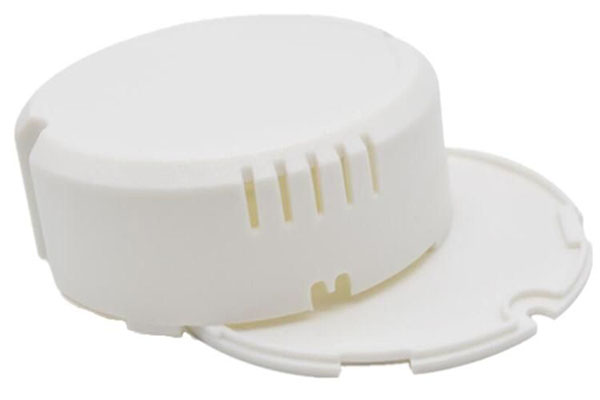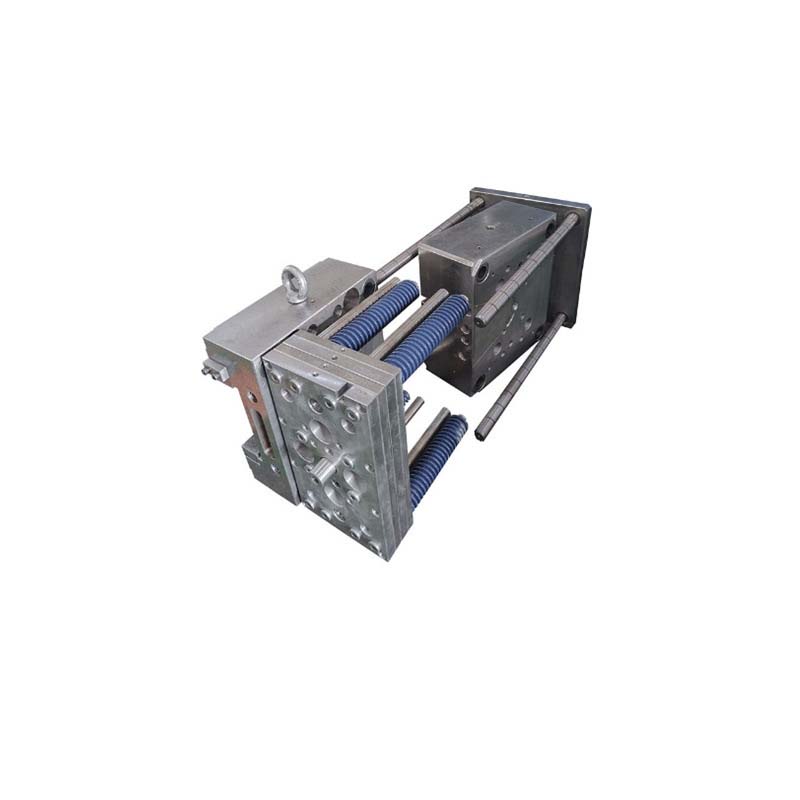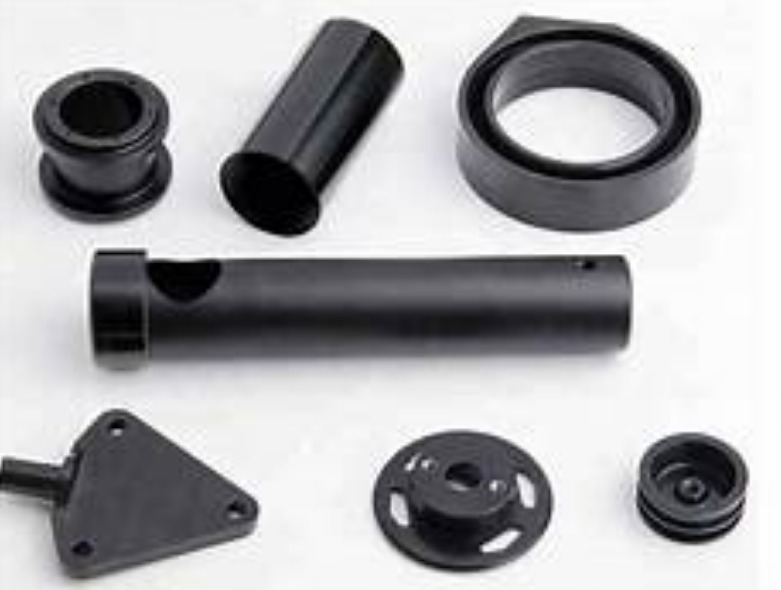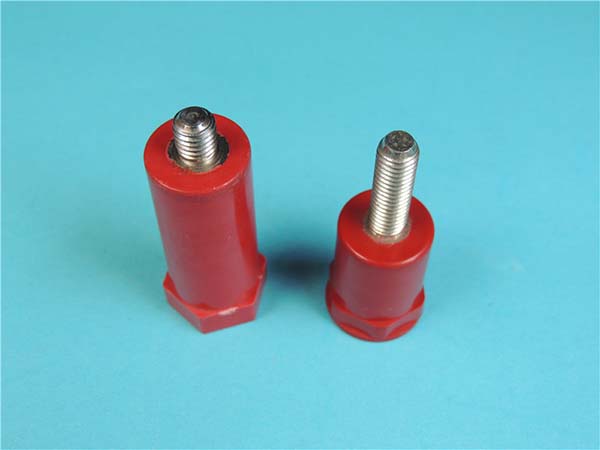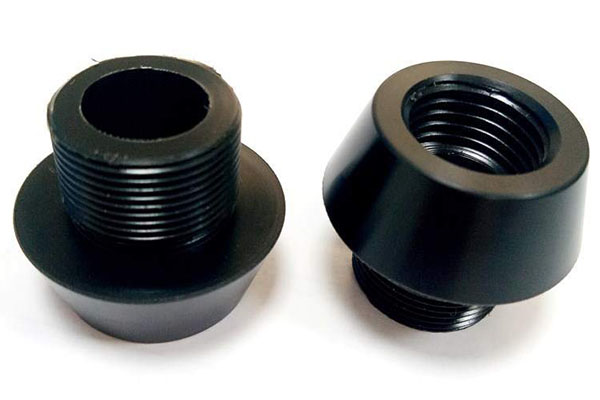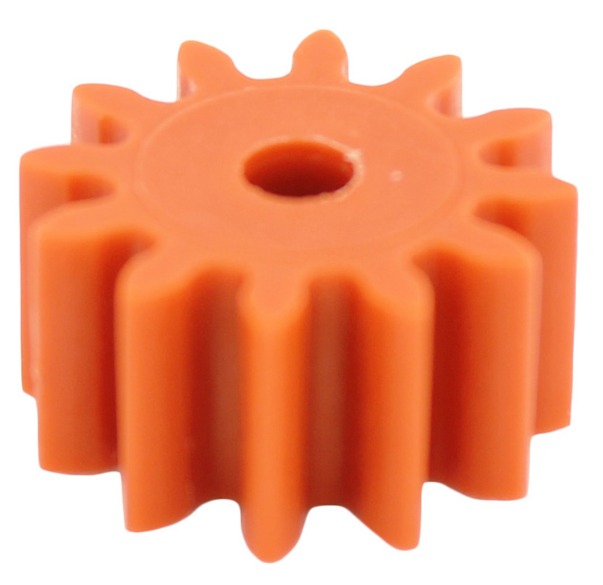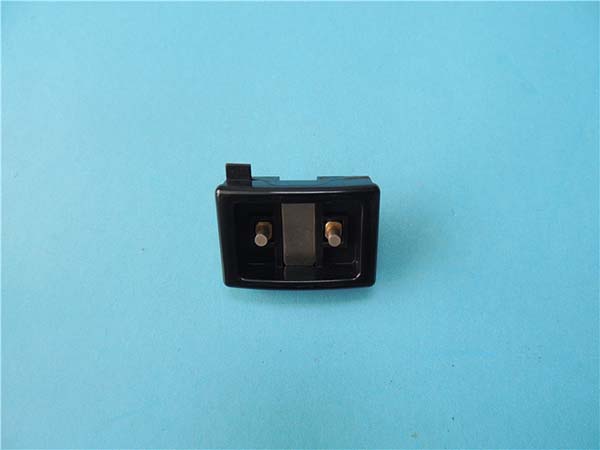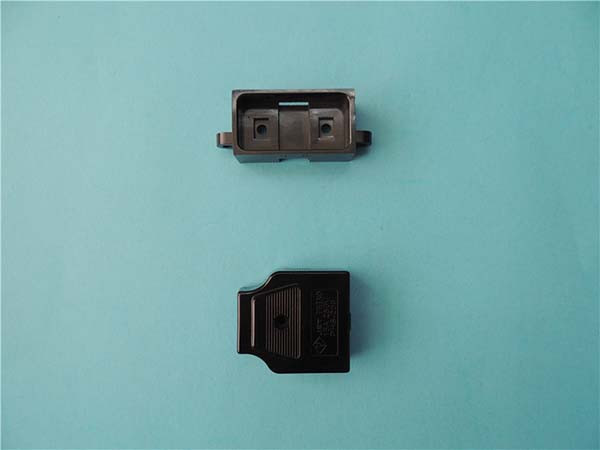Introduction to Nylon Gears
In the intricate world of modern mechanical systems, gears play a pivotal role in transferring power and motion. Among the various types of gears available, nylon gears have emerged as a game - changer, offering a unique set of advantages that make them indispensable in a wide range of applications.
Nylon gears are made from nylon, a synthetic polymer known for its excellent mechanical properties, high strength - to - weight ratio, and self - lubricating characteristics. These gears have found their way into countless industries, from automotive and aerospace to consumer electronics and medical devices. Their ability to operate quietly, withstand wear and tear, and resist corrosion has made them a preferred choice for engineers and designers seeking reliable and efficient motion - transmission solutions.
As technology continues to advance, the demand for more precise, durable, and lightweight components has never been greater. Nylon gears are at the forefront of this movement, revolutionizing the way we think about plastic precision in motion - control applications. In this article, we will explore the fascinating world of nylon gears, delving into their properties, applications, manufacturing processes, and the future of this innovative technology.
Key Features of Nylon Gears
Low Friction and Self - Lubrication
One of the most remarkable features of nylon gears is their low friction and self - lubricating properties. Nylon has a relatively low coefficient of friction, typically in the range of 0.15 - 0.30, depending on the specific grade and operating conditions. This is significantly lower than that of many metal gears. For example, steel gears often have a friction coefficient of around 0.6 - 1.0 without proper lubrication.
The self - lubricating nature of nylon means that it can operate with little or no external lubrication in many applications. This not only simplifies the design and maintenance of mechanical systems but also reduces the risk of lubricant leakage and contamination. In a study comparing nylon gears and metal gears in a small - scale conveyor system, the nylon gears showed a 30% reduction in energy consumption due to lower friction. Additionally, the wear rate of nylon gears was found to be much lower, with some nylon gears lasting up to 5 times longer than their metal counterparts under the same operating conditions. This low - friction and self - lubricating property also contribute to quieter operation, making nylon gears ideal for applications where noise reduction is crucial, such as in household appliances and office equipment.
High Chemical Resistance
Nylon gears exhibit excellent chemical resistance, making them suitable for use in a wide range of harsh chemical environments. They are highly resistant to many common chemicals, including acids, alkalis, salts, and various organic solvents. For instance, nylon gears can withstand exposure to dilute sulfuric acid (up to 50% concentration) and sodium hydroxide (up to 40% concentration) without significant degradation in mechanical properties. In the chemical processing industry, where equipment is often exposed to a variety of corrosive substances, nylon gears can be used in pumps, mixers, and valves. Their chemical resistance ensures a longer service life and reduces the need for frequent replacements, thus lowering maintenance costs. This resistance also extends to many oils and greases, which means that nylon gears can operate in lubricated environments without being damaged by the lubricants themselves.
Dimensional Stability
Maintaining dimensional stability is crucial for gears to ensure smooth and accurate operation. Nylon gears, especially those made from high - quality grades and with proper reinforcement, offer good dimensional stability over a wide range of temperatures and humidity levels. Although nylon has a relatively high coefficient of thermal expansion compared to metals, modern manufacturing techniques and the use of additives like glass fiber can significantly reduce this effect. Glass - filled nylon, for example, can have a thermal expansion coefficient that is up to 50% lower than unfilled nylon.
In mechanical systems, dimensional stability of nylon gears is essential for consistent gear meshing. If a gear's dimensions change unpredictably, it can lead to issues such as increased backlash, uneven wear, and even gear failure. A well - designed nylon gear will maintain its shape and size within tight tolerances, typically within ±0.05 - ±0.10 mm depending on the manufacturing process and gear size. This stability allows nylon gears to be used in precision - motion applications, such as in robotics and optical equipment, where small variations in gear dimensions can have a significant impact on the overall performance of the system.
Applications of Nylon Gears
In the Automotive Industry
In the automotive industry, every component matters when it comes to performance, efficiency, and passenger comfort. Nylon gears have found their way into numerous automotive applications, playing a crucial role in enhancing the overall functionality of vehicles.
One of the primary areas where nylon gears are used is in the engine's auxiliary systems. For example, in the cooling system, nylon gears are often employed in water pumps. These gears can withstand the harsh environment of the engine compartment, which includes high temperatures and exposure to various chemicals in the coolant. Their low - friction property reduces the energy required to drive the water pump, contributing to better fuel efficiency. Additionally, the self - lubricating nature of nylon gears ensures smooth operation over a long period, reducing the need for frequent maintenance.
Nylon gears are also used in the vehicle's transmission systems, especially in some automatic transmissions. They are often found in the valve bodies, where they help control the flow of hydraulic fluid. Their chemical resistance is vital here, as they need to withstand the action of the transmission fluid. The use of nylon gears in these applications helps in reducing the weight of the transmission system. A study showed that replacing metal gears with nylon gears in a particular transmission component could lead to a weight reduction of up to 30%, which in turn can improve fuel economy and vehicle handling.
Moreover, in the interior of the car, nylon gears are used in power window mechanisms, seat adjusters, and sunroof motors. Their quiet operation is highly desirable in these applications, as it helps to create a more comfortable and noise - free environment for the passengers. In a power window system, for instance, nylon gears ensure that the window moves smoothly and quietly up and down, without the annoying rattling sounds that metal gears might produce.
In Consumer Electronics
The world of consumer electronics is constantly evolving, with a growing demand for smaller, more efficient, and quieter devices. Nylon gears are well - suited to meet these demands and have become an integral part of many common consumer electronics.
Take, for example, the hard disk drives (HDDs) in computers. Nylon gears are used in the actuator mechanisms that position the read - write heads precisely over the spinning disks. These gears need to be extremely precise and operate quietly to ensure the smooth functioning of the HDD. The dimensional stability of nylon gears is crucial in this application, as even the slightest deviation in gear dimensions could lead to misalignment of the read - write heads and data loss. Nylon gears can maintain their shape and size within tight tolerances, enabling accurate head positioning.
In small household appliances like blenders, mixers, and food processors, nylon gears are used in the motor - driven transmission systems. The self - lubricating and low - friction properties of nylon gears are beneficial here. They allow the appliances to operate smoothly, reducing the need for frequent lubrication and maintenance. In addition, the noise - reducing characteristic of nylon gears makes these appliances more pleasant to use in a domestic setting. For instance, a nylon - gear - equipped blender produces significantly less noise during operation compared to one with metal gears, making it a more appealing choice for consumers.
In portable electronic devices such as smartphones, tablets, and digital cameras, nylon gears are used in mechanisms like the camera lens - zoom systems and the opening and closing mechanisms of sliding - type devices. The lightweight nature of nylon gears is a major advantage in these applications, as it helps to keep the overall weight of the device down. This is particularly important for portable devices that users carry around with them all day.
In Industrial Machinery
Industrial machinery operates in some of the most demanding environments, with high loads, continuous operation, and exposure to various chemicals and contaminants. Nylon gears have proven to be reliable components in many industrial applications.
In conveyor systems, which are widely used in industries such as manufacturing, logistics, and food processing, nylon gears are used in the drive units and idler pulleys. Their high wear resistance allows them to withstand the continuous motion and the abrasive forces exerted by the conveyor belts. For example, in a food - processing plant's conveyor system, nylon gears can operate in a moist and dirty environment without getting corroded or worn out quickly. Their self - lubricating property also means that they can function without the need for external lubrication, which is important in food - processing applications where lubricant contamination must be avoided.
In industrial mixers and agitators, nylon gears are used to transfer power from the motor to the mixing blades. These gears need to be strong enough to handle the high torque generated during the mixing process. Nylon gears, especially those made from high - strength nylon grades or reinforced with materials like glass fiber, can meet these requirements. Their chemical resistance is also an advantage in mixers that handle corrosive substances, such as in the chemical and pharmaceutical industries.
In printing presses, nylon gears are used in the paper - feeding mechanisms and the ink - transfer systems. The smooth operation and low noise of nylon gears are essential in this application, as they ensure consistent paper feeding and high - quality printing. A noisy gear system in a printing press could disrupt the printing process and lead to errors in registration and ink distribution.
Yigu Technology's View on Nylon Gears
Yigu Technology, as a non - standard plastic metal products custom supplier, firmly believes in the bright future of nylon gears. With the continuous advancement of technology and the increasing demand for high - performance, lightweight, and cost - effective components across various industries, nylon gears are set to play an even more significant role.
Our advantage lies in our in - depth understanding of nylon materials and advanced manufacturing techniques. We can customize nylon gears according to the specific requirements of different applications, whether it's enhancing the wear resistance for industrial machinery or improving the dimensional accuracy for precision instruments. Our team of experts can optimize the design and production process to ensure that each nylon gear meets the highest quality standards. By leveraging our state - of - the - art equipment and strict quality control system, we are committed to providing our customers with reliable nylon gear solutions that contribute to the success of their projects.
FAQ about Nylon Gears
What are the main advantages of nylon gears over metal gears?
Nylon gears have several significant advantages. First, they are much lighter due to the low - density nature of nylon, which can reduce the overall weight of a mechanical system. For example, in a small - scale robotic arm, replacing metal gears with nylon gears can lead to a 40% weight reduction. Second, nylon gears are generally more cost - effective. The raw material cost of nylon is lower than that of many metals, and the manufacturing process, such as injection molding for nylon gears, is often less complex and expensive. Third, nylon gears offer excellent corrosion resistance. In a humid or chemically - active environment, metal gears may rust or corrode, while nylon gears can maintain their integrity. Additionally, nylon gears operate more quietly and have self - lubricating properties, reducing the need for external lubricants.
How to select the right nylon gear for my application?
When selecting a nylon gear, consider the following factors. First, determine the load requirements. If the application involves high - torque transmission, choose a high - strength nylon grade or a reinforced nylon gear, like glass - filled nylon. Second, consider the rotational speed. Higher speeds may require gears with better dimensional stability to avoid vibrations and ensure smooth operation. Third, take the working environment into account. In a high - temperature environment, select a nylon gear with better heat resistance; in a chemically - aggressive environment, ensure the gear has sufficient chemical resistance. Also, consider the accuracy requirements. For precision - motion applications, choose gears with tight manufacturing tolerances.
Can nylon gears be used in high - temperature environments?
Nylon gears have a limited temperature range. Generally, the continuous operating temperature range for standard nylon gears is around - 40°C to 120°C. In high - temperature environments approaching or exceeding this range, the mechanical properties of nylon can degrade. For example, at temperatures above 120°C, nylon may soften, leading to dimensional changes and reduced strength. However, there are high - temperature - resistant nylon grades available. These special nylons can withstand temperatures up to 150°C - 180°C for short periods or slightly lower temperatures continuously. If your application involves high - temperature operation, it's crucial to select the appropriate high - temperature - resistant nylon gear and, if necessary, implement additional cooling or heat - dissipation measures.
